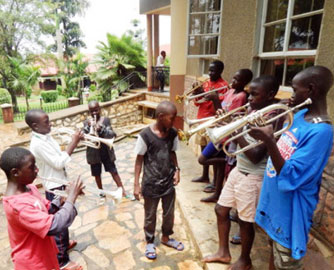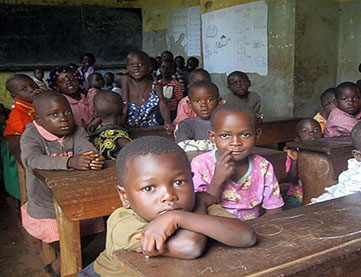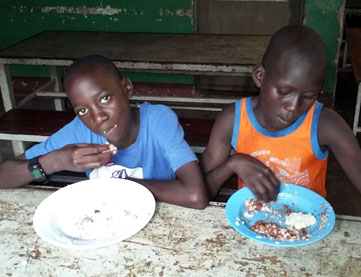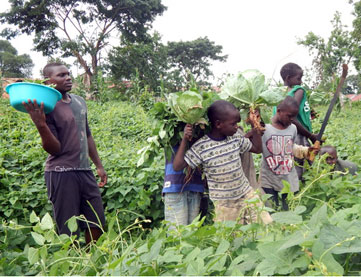Africa
Uganda
Featured Mission
Build primary & secondary schools
While 73 percent of Uganda’s population is literate, only 23 percent of Ugandans go on to acquire a secondary education, according to UNICEF. Salesian programs give Ugandan students a space for learning, but also help meet their basic needs. Elementary and secondary schools offer feeding programs where meals are provided to students during the school day and serve as an incentive for families to send their children to school. Access to nutritious meals makes students better prepared to take part in school activities and focus on their education.
The need for new buildings is also great, as existing classes are often filled beyond capacity. A kindergarten classroom was built and furnished to accommodate children in need at the Don Bosco Elementary School in Bombo. Previously, crowded classrooms made it difficult for teachers to provide individual attention to students and the limited space reduced the number of students the school could accept.
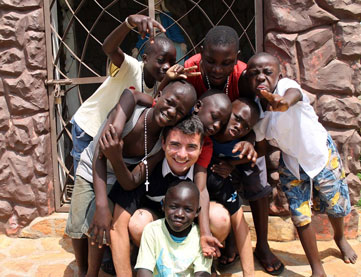
More Missions In Uganda
Provide technical and vocational training
Respond to refugee needs
Provide youth centers and safe activities
Provide clean, safe water
Deliver life-saving meals
Respond to disasters & emergencies
Deliver essential equipment & supplies
Improve health services
Improve infrastructure
Images
From Uganda

News
From Uganda
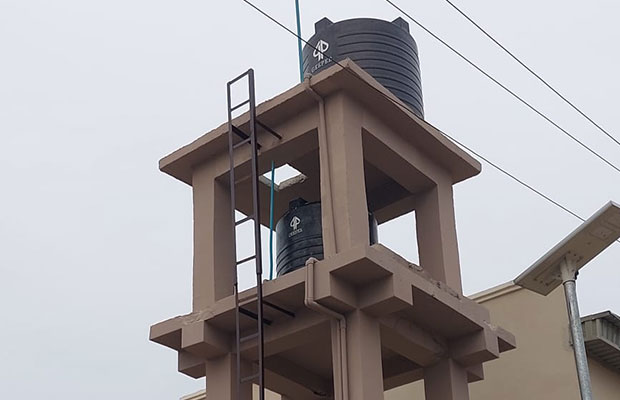
Clean Water for Refugees in Uganda
At the Salesian-run Palabek Refugee Resettlement Camp in Uganda, 93,000 refugees are now benefiting from a new high-capacity water tank that can store enough life-saving clean water for the entire community throughout the annual d

INT’L DAY OF CHARITY: Salesian Missions highlights social programs that meet basic needs
Education, workforce development provided for youth and their families. NEW ROCHELLE, NY (Sept. 5, 2025) Salesian Missions, the U.S. development arm of the Salesians of Don Bosco, joins humanitarian organizations and countries aro
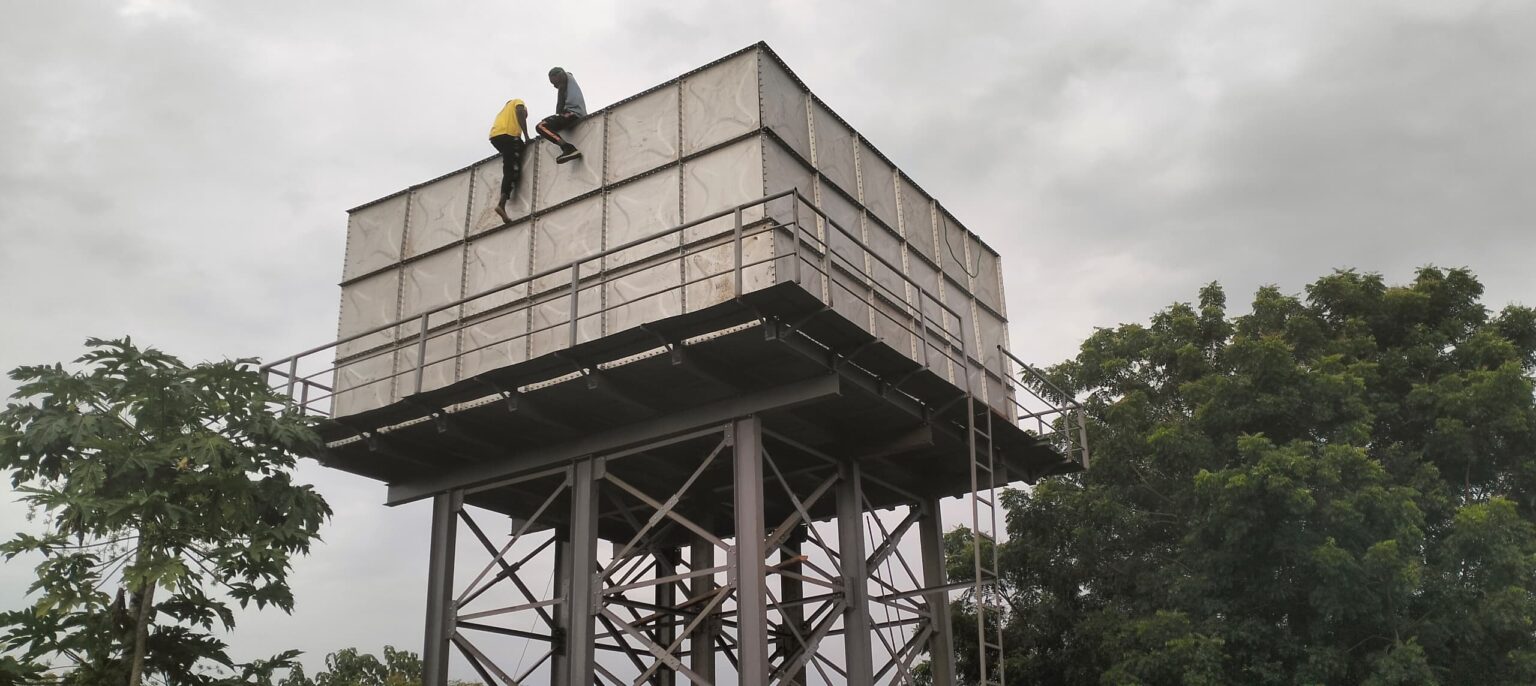
UGANDA: Palabek Refugee Resettlement Camp has new water tank thanks to funding from Salesian Missions
Project benefits students at vocational training school. NEW ROCHELLE, NY (Aug. 18, 2025) The Salesian Vocational Training School, located inside of the Palabek Refugee Resettlement Camp in Uganda, has a new high-capacity water ta

UGANDA: Don Bosco CALM establishes sick bay for children thanks to donor funding from Salesian Missions
Children receive immediate medical care, preventative care. NEW ROCHELLE, NY (July 14, 2025) Salesian missionaries were able to establish a sick bay for children who are ill at Don Bosco CALM Nursery and Primary School in Uganda t

GLOBAL DAY OF PARENTS: Salesian Missions highlights support for parents who are vulnerable
Salesian programs focus on youth and their families. NEW ROCHELLE, NY (June 1, 2025) Salesian Missions, the U.S. development arm of the Salesians of Don Bosco, joins humanitarian organizations and the international community in ce
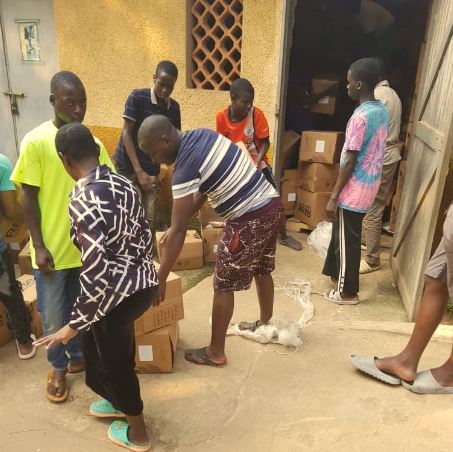
UGANDA: More than 2,100 youth receive Rise Against Hunger meals through a partnership with Salesian Missions
3 Salesian schools receive donation. NEW ROCHELLE, NY (May 27, 2025) More than 2,100 youth at Salesian schools in Uganda have access to better nutrition through a partnership between Salesian Missions, the U.S. development arm of
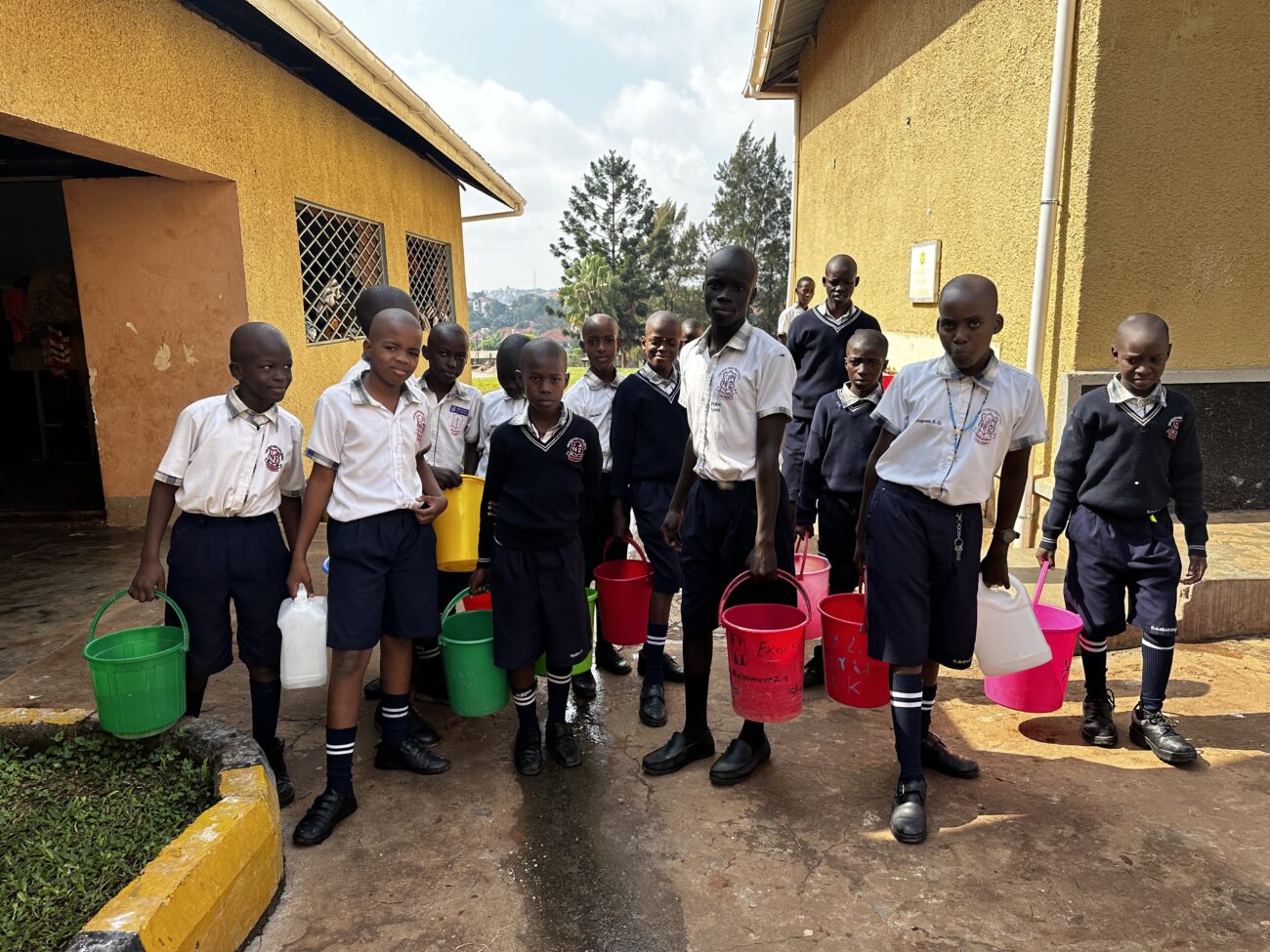
WORLD WATER DAY: Salesian Missions highlights projects that ensure clean water for youth
‘Clean Water Initiative’ makes building wells and supplying clean water a top priority. NEW ROCHELLE, NY (March 22, 2025) Salesian Missions, the U.S. development arm of the Salesians of Don Bosco, joins humanitarian organizati
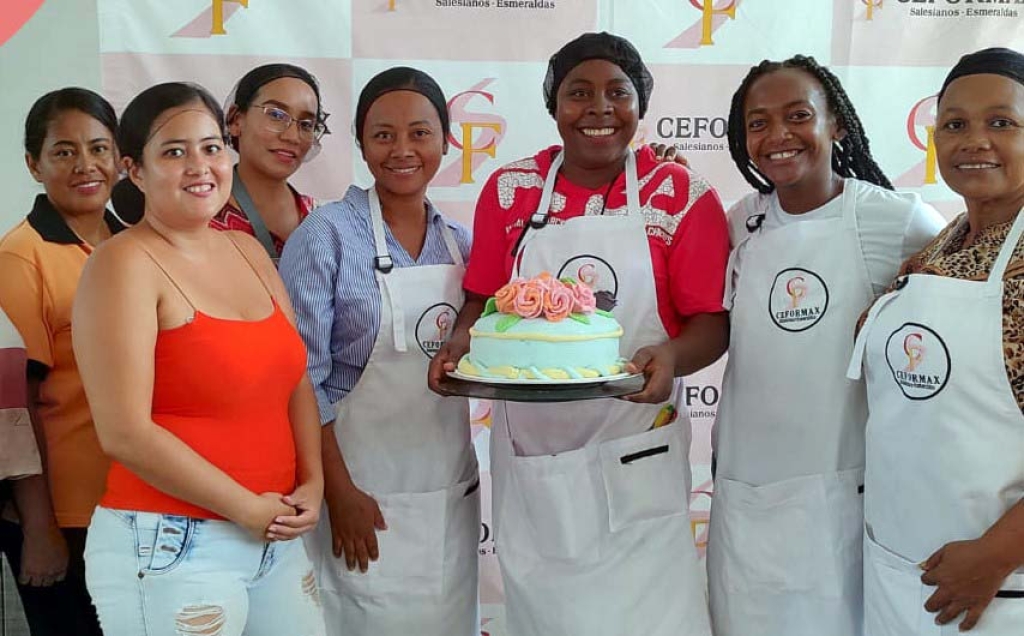
INT’L WOMEN’S DAY: Salesian Missions highlights educational programs that empower women and girls
Targeted programs provide opportunities for education and training. NEW ROCHELLE, NY (March 8, 2025) Salesian Missions, the U.S. development arm of the Salesians of Don Bosco, joins humanitarian organizations and countries aroun
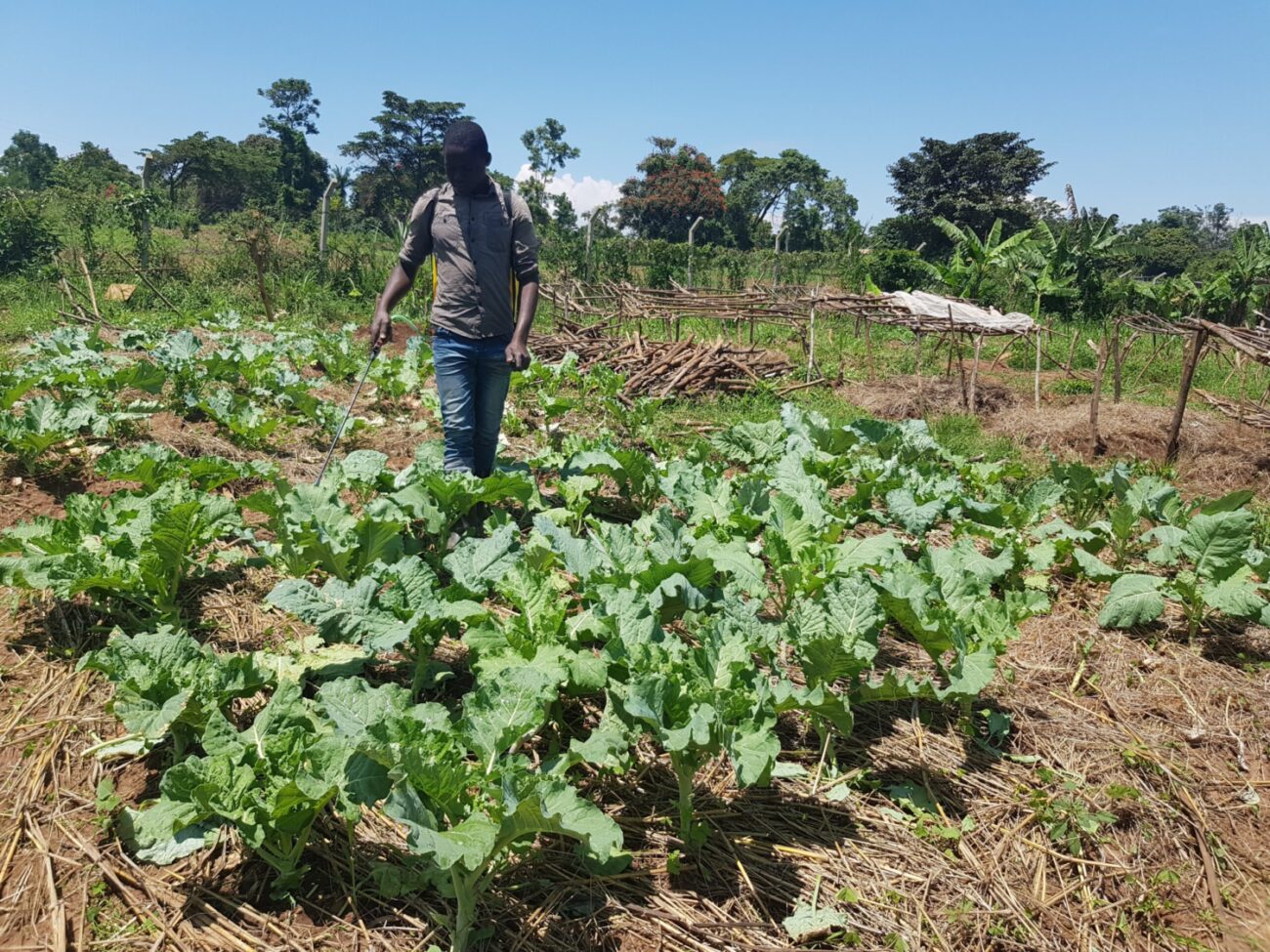
UGANDA: Salesian missionaries purchase land for agriculture school thanks to donor funding from Salesian Missions
School to educate youth while addressing food security. NEW ROCHELLE, NY (Feb. 25, 2025) Salesian missionaries in the Atede community in the Gulu district of Uganda have been able to purchase land for a new agriculture school than

CATHOLIC WORLD DAY OF PEACE: Salesian Missions highlights programs that lead to peaceful, supportive environment
Programs address social and economic needs of youth. NEW ROCHELLE, NY (Jan. 1, 2025) Salesian Missions, the U.S. development arm of the Salesians of Don Bosco, joins Catholic organizations around the globe in honoring the Catholic


